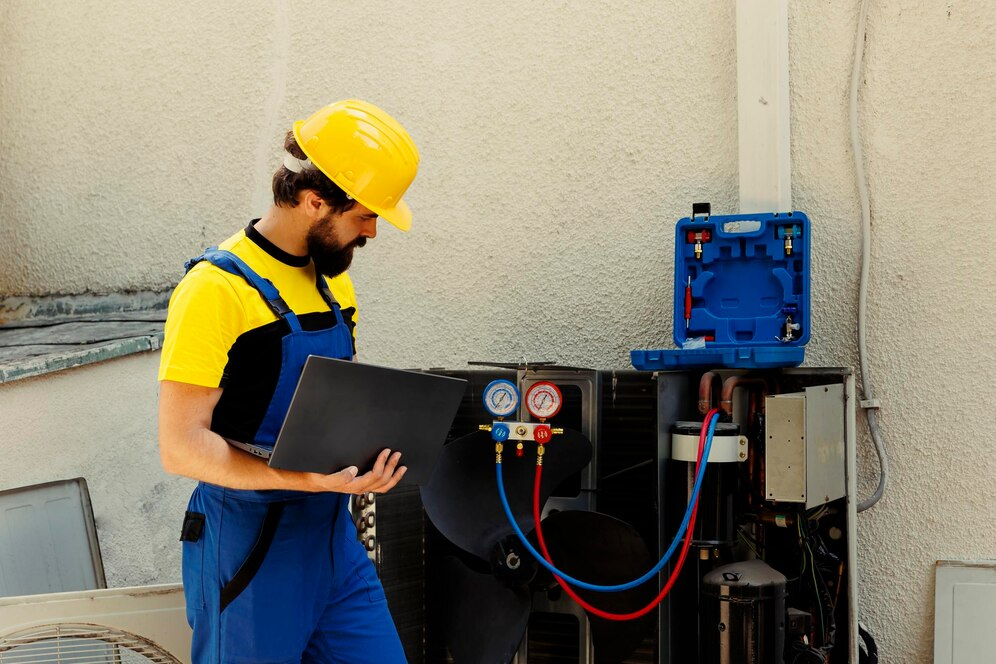Power outages can strike when least expected, plunging your home into darkness and potentially causing a host of inconveniences and dangers. From spoiled food and disrupted comfort to more severe consequences like the inability to power medical devices, the impacts of a power outage can be significant.
This is where the installation of an emergency generator comes into play, acting as a vital safety net for your home. This comprehensive guide explores the importance of emergency generators, the benefits they offer, and how to go about installing one in your home.
Understanding the Need for an Emergency Generator
Power outages can occur for various reasons, including severe weather events, natural disasters, or even grid failures. Regardless of the cause, the result is the same: your home loses power. In such scenarios, an emergency generator serves as a critical backup system, providing power to essential appliances and systems in your home until the main power supply is restored.
The Benefits of Installing an Emergency Generator
Uninterrupted Power Supply: The primary benefit of an emergency generator is its ability to provide an uninterrupted power supply during outages, ensuring your essential appliances and systems continue to operate smoothly.
Safety and Comfort: By keeping lights, heating and cooling systems, and security systems operational, emergency generators enhance your home’s safety and comfort during power outages.
Prevents Food Spoilage: Refrigerators and freezers can keep food fresh, preventing spoilage and saving you from the cost of replacing spoiled food.
Supports Medical Equipment: For households with medical equipment that requires electricity, an emergency generator can be life-saving during a power outage.
Increases Home Value: Homes equipped with emergency generators are often more appealing to buyers, potentially increasing your home’s resale value.
Choosing the Right Emergency Generator
Selecting the appropriate emergency generator involves considering several factors, including size, fuel type, and installation requirements. Generators are typically categorized by their power output, measured in watts, and selecting a size that meets your home’s energy needs is crucial.
Additionally, generators can run on various fuel types, including gasoline, diesel, natural gas, or propane, each with its pros and cons. Consulting with a professional can help determine the best option for your specific circumstances.
The Installation Process
Step 1: Assess Your Power Needs
Evaluate which appliances and systems you need to keep running during an outage. This assessment will help determine the generator size required for your home.
Step 2: Choose a Location
Select a suitable location for your generator, keeping in mind local codes and regulations regarding distance from the house and ventilation requirements.
Step 3: Prepare the Site
The site may need preparation, such as pouring a concrete pad to place the generator on, ensuring it has a stable and level foundation.
Step 4: Electrical Hookup
A professional electrician should handle the electrical hookup to ensure it’s done safely and in accordance with local electrical codes. This typically involves installing a transfer switch that safely switches your home’s power source from the main supply to the generator.
Step 5: Fuel Supply
If choosing a generator that runs on natural gas or propane, ensure a proper fuel line installation. For gasoline or diesel generators, plan for safe fuel storage.
Step 6: Testing and Maintenance
Once installed, test your generator to ensure it operates correctly and establish a routine maintenance schedule to keep it in good working condition.
Safety Considerations and Best Practices
Safety is paramount when it comes to emergency generator installation and use. Always follow the manufacturer’s guidelines and local regulations. Ensure proper ventilation for the generator to prevent carbon monoxide poisoning, and never operate it indoors or in enclosed spaces. Regular maintenance, including checking oil levels, fuel, and operational testing, is crucial to ensure your generator is ready when you need it.
Conclusion: A Worthwhile Investment for Peace of Mind
Installing an emergency generator is a significant but worthwhile investment in your home’s safety and comfort. By providing a reliable power source during outages, it not only keeps essential systems running but also offers peace of mind knowing you’re prepared for unexpected power interruptions. With careful planning, selection, and professional installation, your emergency generator will serve as your ultimate safety net, ensuring you and your home are protected against the inconveniences and dangers of power outages.




